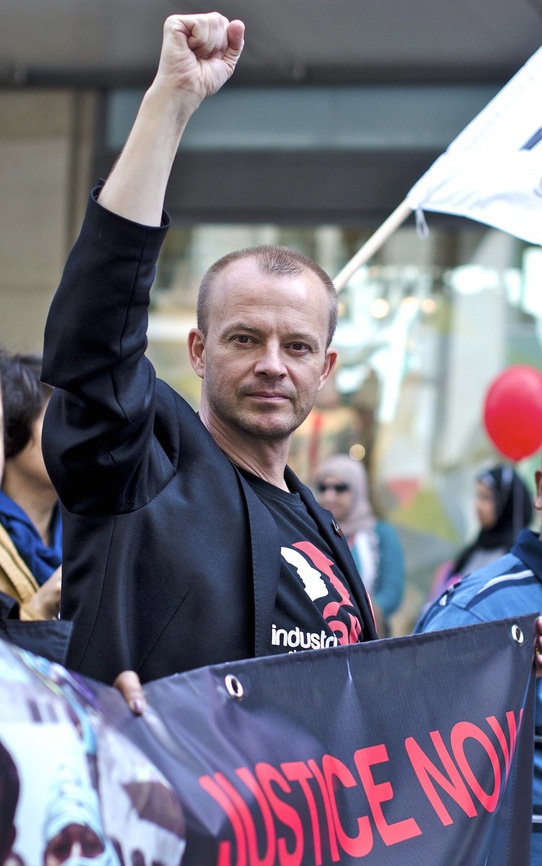23 February, 2016Just after we managed to clear an attack by the employers on the right to strike at the ILO, unions in the UK and Spain have had to take up the fight. And it could spread to other countries too.
For three years the employers’ group paralyzed the work of the International Labour Organization (ILO) by claiming that the right to strike is not part of international law, even though for decades it had been universally accepted by governments, workers and employers alike. Following a global union campaign, the employers finally backed off in February 2015.
But the fight is not over. In November, the Conservative government of the United Kingdom presented a trade union bill, which would seriously undermine the right to strike. In addition to restricting picketing and protests, the law would allow the use of agency workers to replace permanent staff during strikes. In public services, 50 per cent of members would have to turn out to vote and 40 percent of the entire membership must vote in favour. That amounts to an 80 per cent approval threshold.
In February, the UK unions reached millions of people with an innovative #heartunions campaign, celebrating the positive work done by unions and their members in workplaces and in society, and rejecting the government’s attempts to damage them.
Also in Spain, unions had to take action as the authorities used an old law from the Franco dictatorship era to prosecute striking workers. On 16 February, a Spanish court acquitted the Airbus-8 workers facing prison terms of eight years and three months each for having participated in a peaceful strike in 2010. But the struggle continues to repeal article 315.3 of the Spanish Penal Code and to get rid of other similar court cases.
We have to remain vigilant, as attacks against the right to strike could spread to other countries.
The global economic crisis has already offered a pretext for a number of right-wing governments to curtail workers’ rights and cut social protection. Romania faced the most massive slaughter of rights when the International Monetary Fund (IMF) in 2011 pressured the government to bypass the parliament and extend precarious work, abolish collective bargaining and restrict the right to strike.
Collective bargaining was also banned in Ireland, Portugal, Spain, Greece and Cyprus during the worst crisis years. Now the Irish and Spanish governments have agreed to rebuild the bargaining systems.
These examples show that trade union rights are not self-evident even in Europe, where the union movement started. Attacks against workers’ rights are definitely ideological, coming from governments who listen their business advisers rather than the people. And too often business prefers to have obedient workers who shut up and do what they are told, instead of entering into cumbersome negotiations.
Guaranteeing union rights will always be a fight about values and political will to build societies based on democracy and social justice. For that fight, we need to continue organizing and mobilizing workers to build union power.
Jyrki Raina
General Secretary
